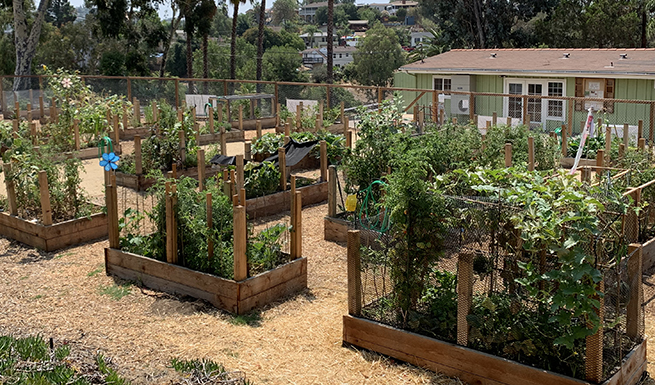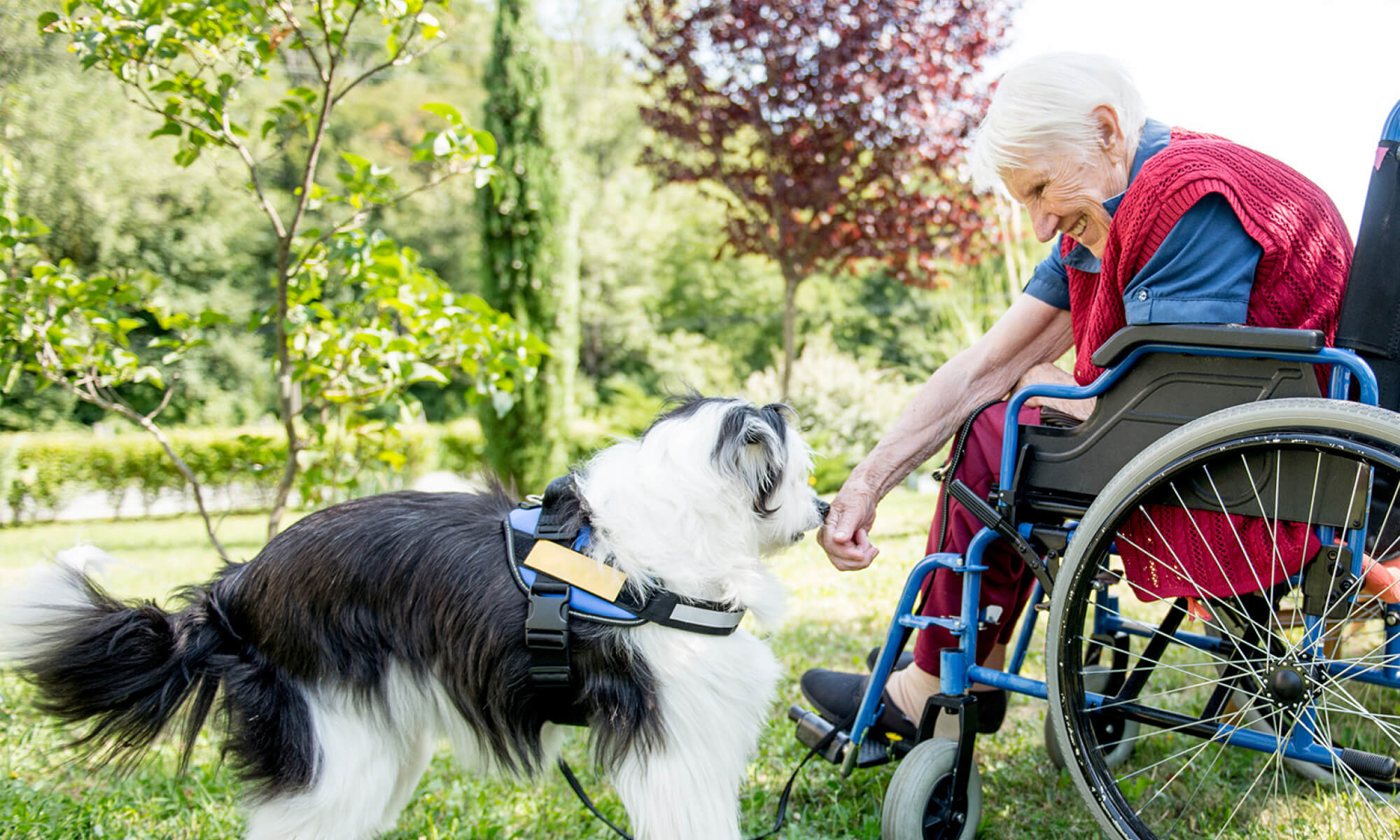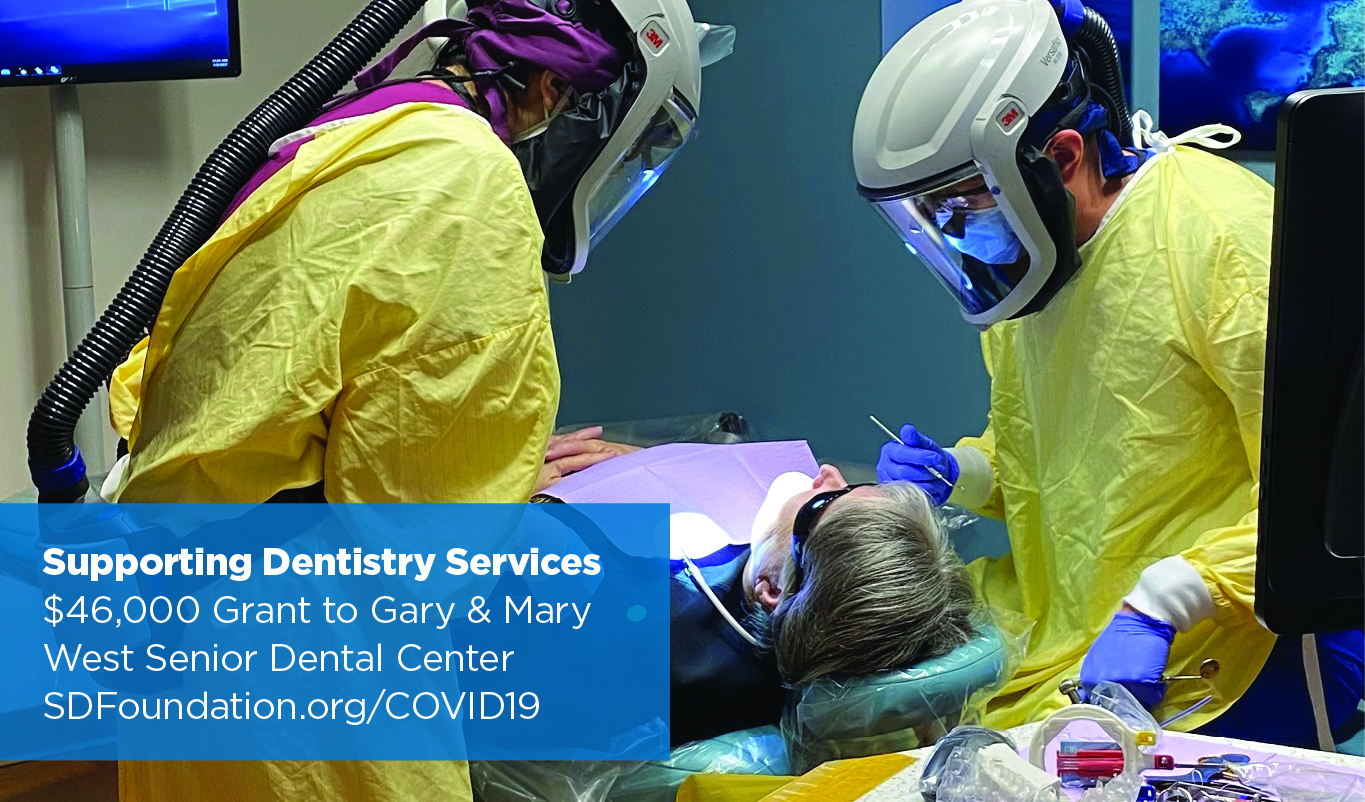The views and opinions expressed in this article are those of the authors and do not necessarily reflect the official policy or position of The San Diego Foundation.
We all want to live well and age with dignity. How can we ensure this universal human desire in California, a state where the older population is expected to grow at twice the rate of the total population?
The boom is already underway in San Diego: from 2000 to 2010, the population of adults 65 and older grew by 20 percent, and from 2010 to 2030, this same population will nearly double, from 378,604 to 722,545.
In California and across the country, we’re going to have to rethink and redesign how we live, work and care for one another, in order to support the quality of life we all deserve.
Growing Need for Care
Ninety percent of people want to age at home, and for good reason. Nursing homes are expensive and often dehumanizing, without the sense of independence or connection that can be so critical for our quality of life.
But staying in one’s community requires support from caregivers – family caregivers and professional care workers. And both are being pushed to the brink.
[Tweet “Family caregivers and professional care workers are being pushed to the brink – @aijenpoo”]
In San Diego alone, family caregivers for those with Alzheimer’s or other dementias provided $1.94 billion worth of unpaid care in 2013, while incurring $75.4 million in their own health care costs.
It’s clear they need support.
As a result of the growing need for care, the home care workforce is among the fastest growing occupations in our economy today, providing critical services and supports to millions of individuals and families across the country.
The quality of home care jobs, however, is extremely poor, defined by low wages, few benefits and protections, high turnover, and a high degree of stress and vulnerability.
Those caring for the people we love should also be able to care for those they love. And the current reality makes it nearly impossible. There are many ways we can, and we must, do better.
Exploring the Future of Age-Friendly Communities
On March 3rd, I’ll be speaking at UC San Diego on the future of Age-Friendly Communities, challenging San Diego to embrace the “elder boom” as a blessing.
This demographic shift creates a moment for us to create a system that affirms the dignity of people at every stage of life and in every walk of life, and to create millions of good jobs in the process.
To seize upon this opportunity, communities must come together to assess what is needed in the community and invest in what I call the Care Grid, a web of public policy and community-based solutions that, much like the physical infrastructure that brings water and electricity to every home, will bring quality care to every home.
Creative solutions are already being built in communities around the country, from the Green House Project, which aims to transform nursing homes, to naturally occurring retirement communities, or NORCs.
Caring Across Generations, our growing movement to value care and transform caregiving in America, is working on legislation in Hawaii, the first of its kind in the nation, that would establish a social insurance fund to support the long-term care needs of families.
We also support policies like the FAMILY Act, which provides paid leave so that people can afford to care for their loved ones and themselves when they face serious illnesses.
We all have something to contribute to this conversation.
The need for care affects us all, across generations. Care is something we do; it’s something we want; it’s something we can improve. But more than anything, it can be the solution to the personal and economic challenges we are facing in this country.
Ai-jen Poo is Director of the National Domestic Workers Alliance, Co-Director of the Caring Across Generations campaign, and author of The Age of Dignity: Preparing for the Elder Boom in America. She is a 2014 MacArthur fellow, a 2013 World Economic Forum Young Global Leader, and one of Fortune.com’s World’s 50 Greatest Leaders and Time 100’s world’s most influential people in 2012.




